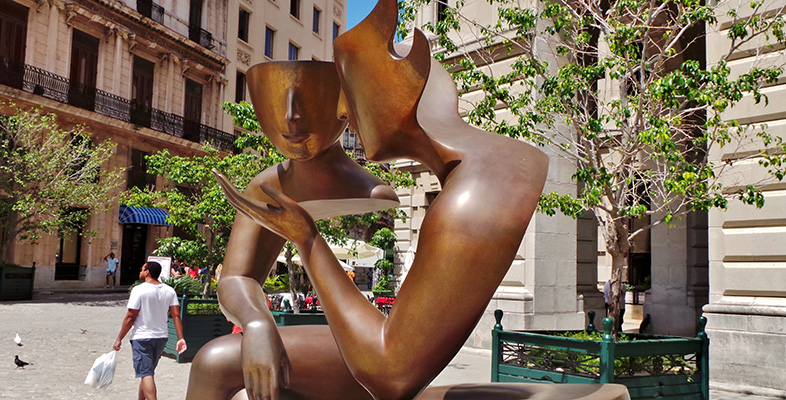4 Connecting the social sciences to everyday life
4.1 A situated practice
In the previous sections we considered the challenges facing the contemporary social sciences and the issues raised by thinking of social research as a situated practice. You will already have identified the ways in which the social sciences are complicated by the problem of researchers attempting to know and understand the social world they inhabit. At this point it is useful to develop a checklist of the ways that this has affected social research practice.
-
The definition of objects of analysis reflects the taken-for-granted assumptions of the social researcher (as is seen when considering gender and ethnicity within social science).
-
Social researchers select research methods (ranging from surveys to in-depth interviews) in order to fulfil certain purposes (such as the interviews with homeless women in Reading D).
-
Political values can affect the purpose and character of social research (as in the examples of the policy implications of research in Readings A and C).
-
Personal experiences are often involved in research in quite subtle ways (such as R.D. Laing's motivations for considering family relations as a cause of mental illness, discussed in Section 2.2).
-
Social researchers often enter into the activity of gathering evidence on the basis of a particular conception of what is a normal or abnormal state of affairs (such as a ‘normal family’).
This is not an exhaustive list, but simply sensitises us to the importance of thinking through what we do when setting out on a research project. We should always consider why we are doing social research in a particular way and why we have rejected other ways. It is important to reflect upon the way in which we define objects of analysis and select a particular problem to investigate, and why we consider one approach to be more useful than another in providing the ideas and evidence we need.
